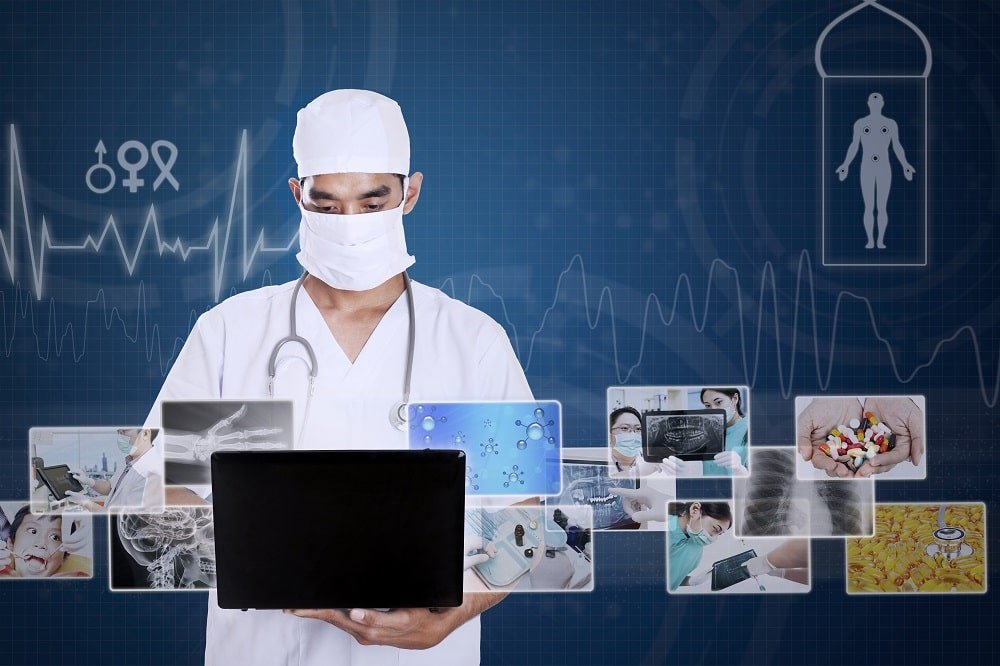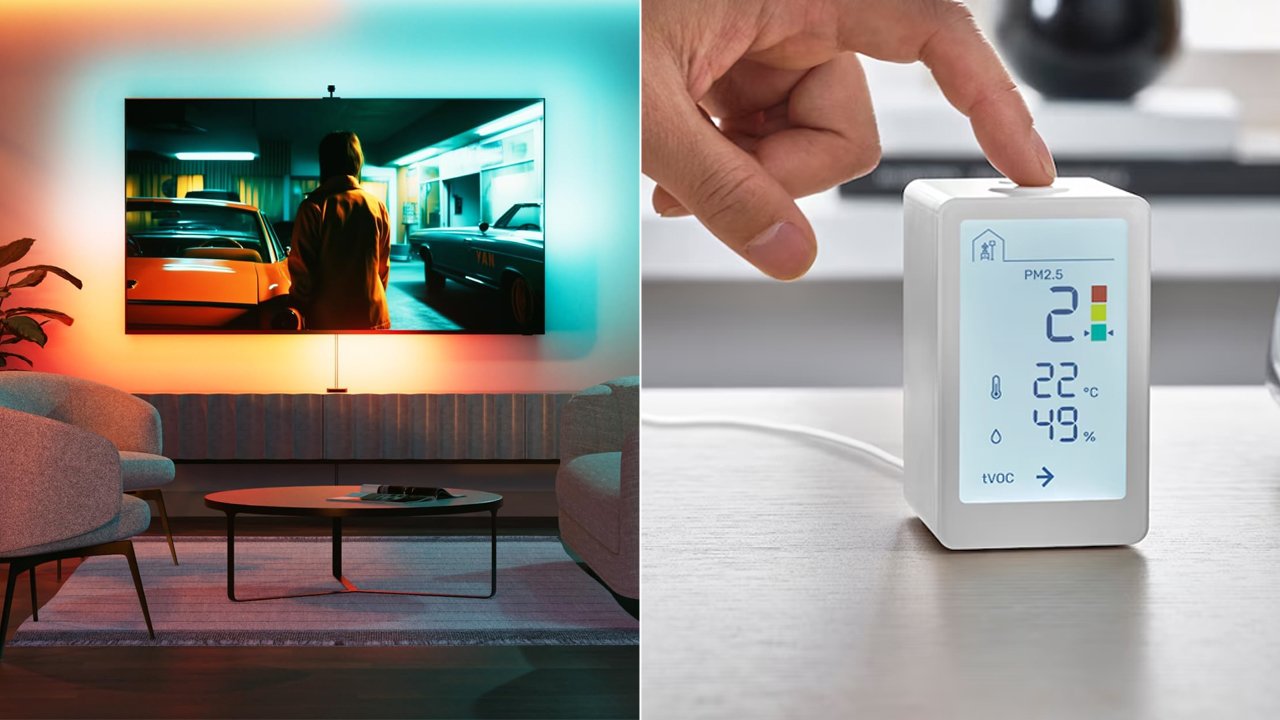Technology has rapidly changed many aspects of our lives, and one of the most impactful areas is healthcare. From advanced medical equipment to artificial intelligence (AI), technology is improving healthcare in countless ways. In this blog post, we will explore how technology is improving healthcare, making it more efficient, accessible, and effective for both patients and healthcare professionals.
1. Better Diagnostics: Faster and More Accurate
One of the key ways how technology is improving healthcare is through better diagnostics. With the help of AI and machine learning, doctors can now make faster and more accurate diagnoses. For example, AI-powered tools can analyze medical images like X-rays, MRIs, and CT scans to detect problems such as tumors, fractures, or infections. These systems can even identify patterns that might be missed by the human eye.
This technology allows doctors to diagnose conditions earlier, leading to faster treatments and better outcomes for patients. As a result, technology is not only improving healthcare but also saving lives by making early detection easier and more reliable.

2. Remote Monitoring: Healthcare at Home
Another exciting way how technology is improving healthcare is through remote monitoring. Thanks to wearable devices like smartwatches and health trackers, patients can now monitor their health from home. These devices can track heart rate, blood pressure, and even blood sugar levels, alerting both patients and doctors if something is wrong.
This technology allows healthcare providers to monitor patients in real time without needing to see them in person. It is especially helpful for patients with chronic conditions such as diabetes or heart disease, as it helps them manage their health more effectively. Remote monitoring is making healthcare more convenient and reducing the need for frequent hospital visits.
3. Telemedicine: Access to Healthcare Anywhere
Telemedicine is another example of how technology is improving healthcare. Telemedicine allows patients to consult with doctors via video calls, phone calls, or online chats, eliminating the need to travel to a healthcare facility. This is particularly beneficial for people who live in rural or remote areas, where access to healthcare is limited.
Moreover, telemedicine has become increasingly popular during the COVID-19 pandemic, allowing patients to receive medical care without leaving their homes. It has also helped reduce the burden on hospitals and clinics by offering a safer, more efficient way for patients to access healthcare.
4. Personalized Treatment: Tailored to Each Patient
How technology is improving healthcare also includes the ability to provide more personalized treatments. With advancements in genomics, doctors can now use a patient’s genetic information to create customized treatment plans. For example, in cancer care, genetic testing can help identify which treatments are most likely to be effective for a specific patient.
This level of personalization is changing the way we think about medicine. No longer do doctors rely on a “one-size-fits-all” approach. With the help of technology, healthcare is becoming more tailored to individual needs, leading to better results for patients.
5. Electronic Health Records (EHR): Streamlining Patient Information
Another significant way how technology is improving healthcare is through the use of electronic health records (EHR). Instead of relying on paper records, doctors and healthcare providers now use digital systems to store and share patient information. EHRs allow doctors to easily access a patient’s medical history, lab results, prescriptions, and more.
This not only saves time but also reduces the risk of errors that can occur with paper records. EHRs make healthcare more efficient and ensure that doctors have the most up-to-date information, which improves the overall quality of care.
6. Artificial Intelligence (AI): Revolutionizing Treatment Plans
Artificial intelligence (AI) is playing a huge role in how technology is improving healthcare. AI can analyze large amounts of medical data quickly and accurately, helping doctors make better decisions. For example, AI is used to develop treatment plans, predict disease progression, and even assist in surgeries.
AI is also helping doctors identify new treatment options by analyzing vast amounts of research data. By using machine learning, AI can recommend the most effective treatments for patients based on their specific conditions. In this way, AI is not only enhancing healthcare efficiency but also revolutionizing how treatments are developed and delivered.
7. Robotics: Precision in Surgery and Care
Robotics is another exciting area where technology is improving healthcare. Robotic-assisted surgeries are becoming more common, allowing for greater precision and smaller incisions. These robotic systems can perform surgeries with a high degree of accuracy, leading to shorter recovery times and fewer complications for patients.
In addition, robots are used in rehabilitation, helping patients regain mobility and strength after surgery or injury. These advancements in robotics are making healthcare safer, faster, and more effective, especially for patients undergoing complex procedures.
Conclusion
In conclusion, technology is improving healthcare in many ways, making it more efficient, accessible, and personalized. From AI and remote monitoring to telemedicine and robotics, the advancements in healthcare technology are transforming the way doctors provide care and how patients experience treatment. As technology continues to evolve, we can expect even more breakthroughs that will further enhance the quality of healthcare for people around the world.
By embracing these technological innovations, healthcare providers are able to offer better care and improve patient outcomes. As we move into the future, how technology is improving healthcare will only continue to evolve, benefiting both patients and doctors alike.




